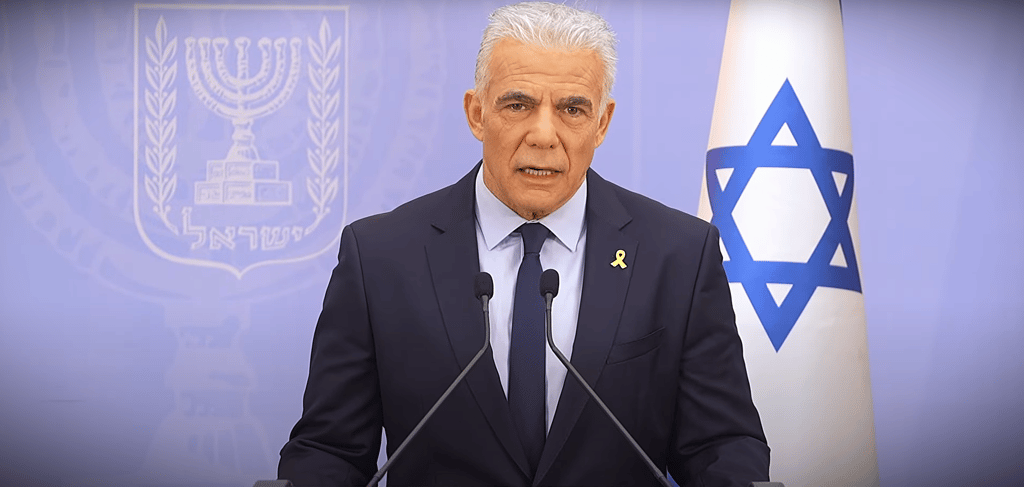Opposition Leader Backs Gaza Hostage Strike: A Nation on Pause
On August 12, 2025, Israel’s opposition leader endorsed a general strike to demand the release of Gaza hostages, uniting a divided nation.
Raja Awais Ali
8/12/20252 min read


Israel on the Brink: Strike Called for Gaza Hostages Shakes Nation
On August 12, 2025, Israel’s political climate shifted dramatically when opposition leader Yair Lapid openly endorsed a general strike called by the families of hostages still held in Gaza. The message was urgent and unambiguous: the country must stop everything to demand the safe return of its citizens. Scheduled for Sunday, August 17, the strike aims to bring Israel’s economy to a halt, sending a clear message to the government and the world that the plight of the hostages can no longer be ignored.
The call for the strike originated from the Hostages and Missing Families Forum, which has been campaigning relentlessly since the captives were taken 676 days ago. Their demand is grounded in moral duty and growing frustration with the government’s failure to secure the release of their loved ones. Lapid’s support is more than a political gesture—it is an appeal to shared values of unity, compassion, and collective responsibility. His words carried a sense of urgency, urging all citizens to come together in a rare moment of national solidarity.
This development comes against the backdrop of escalating military operations in Gaza. The Israeli government recently approved a plan to reoccupy Gaza City and expand the offensive deeper into the Strip. Critics warn that such actions endanger the lives of hostages and deepen the cycle of violence, while supporters argue they are necessary for national security. The tension between military strategy and humanitarian concerns has reached a breaking point, with the strike offering a peaceful protest that challenges the government’s approach.
Lapid’s move also highlights divisions within Israel’s leadership. While he and other opposition figures back the strike, the country’s largest labor union has declined to formally participate, though it has encouraged employers to allow workers to join voluntarily. This partial support reflects the delicate balance between political maneuvering and genuine moral outrage. Nevertheless, public momentum is building, with citizens across industries preparing to walk off their jobs in a coordinated act of defiance.
Internationally, the strike has drawn renewed attention to Israel’s handling of the Gaza conflict. World leaders have voiced concerns about the humanitarian situation, calling for restraint and negotiations, while some political voices abroad continue to support a more aggressive military stance. The combination of domestic unrest and external scrutiny places unprecedented pressure on the Israeli government to find a resolution.
As August 17 approaches, the nation stands at a crossroads. The strike is more than an economic disruption—it is a moral statement, a collective pause to weigh the value of human life against political and military objectives. Whether it leads to real change or remains a symbolic act of unity remains uncertain. But for the families of the hostages, it is a vital step in keeping their cause at the center of the national conscience.